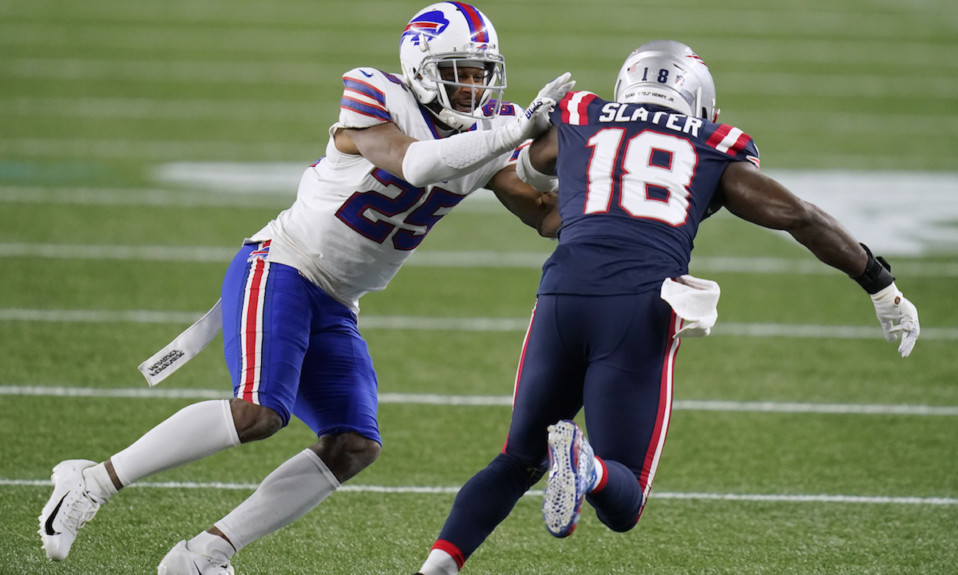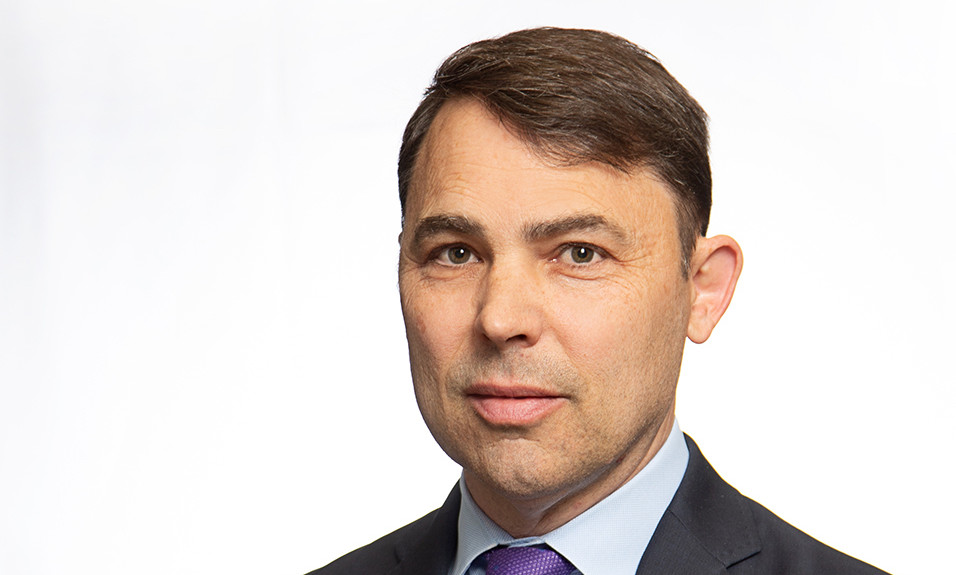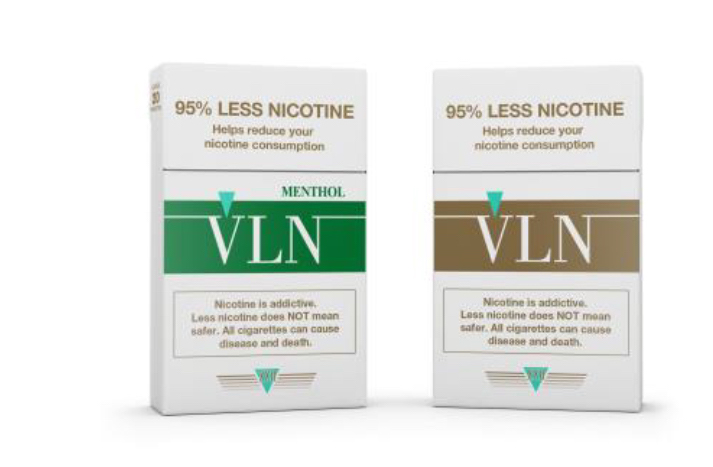In a panel hosted by American Addiction Centers, Matthew Slater [18] and other NFL players talked about the league culture that leads to addiction and mental health issues
By Jason Langendorf
Professional football players are widely viewed as some of the strongest and most resilient people among us. Mental fortitude is no less a requirement of the game than physical toughness, which is why most NFL players arrive in the league with years of experience blocking out pain and sidestepping feelings associated with mental health.
And that, says Matthew Slater, is one of their most pressing problems.
Slater, a 13-year NFL veteran and second-generation star in the league, should know. In recognition of May’s Mental Health Awareness Month, he recently spoke as part of a Facebook Live panel called “Tackling the Stigma,” hosted by American Addiction Centers.
It’s nice to see now more athletes bringing awareness to the issues that they’re facing off the court or off the gridiron, and trying to have conversations and dialogue about this, because I think that’s the only real healthy way to attack some of these issues.”—Matthew Slater, New England Patriots player
Slater, a special teams ace for the New England Patriots, points to a long tradition of football players being expected to quietly cope with excruciating physical pain, stress and post-career identity crises—which too often lead to substance abuse and addiction.
“Unfortunately, that’s a product of the culture that we live in, a culture that has told us for so long that, as men, we have to be a certain way,” Slater said as part of the session. “It’s not okay to ask for help. It’s not OK to talk to someone about what’s going on with you. I think for so long we’ve kind of been stuck in that pattern. But it’s nice to see now more athletes bringing awareness to the issues that they’re facing off the court or off the gridiron, and trying to have conversations and dialogue about this, because I think that’s the only real healthy way to attack some of these issues.”
Consider: A 2011 study in the journal Drug and Alcohol Dependence found that 52 percent of NFL players reported using prescription opioids during their NFL careers, and that 71 percent of those who reported use acknowledged misuse. Moreover, 15 percent of that latter group reported continuing to misuse opioids after their careers.
Teaming Up Against the Demons

Slater was joined on the Facebook Live panel—part of American Addiction Centers’ “Addiction Talk” series—by Beasley Reece, CEO of NFL Alumni and a nine-year NFL cornerback; Derek Price, CEO of Desert Hope Treatment Center and a former Detroit Lions tight end; and former Jacksonville Jaguar Patrick Venzke, who is currently in recovery.
Several common themes were raised by the speakers during the session, including job pressure, the difficulty of grappling with sudden fame and the stigma that reinforces the idea that any need for help—including in the case of addiction and mental health—is a sign of weakness.
“It is very much about machismo, a tough-guy mentality,” said Price, who played through a broken neck without disclosing it to coaches or trainers. “Any weakness is going to be used against you—not only by the other team, but by your own [teammates] who are behind you. If you’re a starter, they’re trying to take your job.”
“Early on—grade school, high school, through college. By the time you get to the NFL, you don’t learn a new culture; you live in that culture.”
Reece recalls a teammate he believes should have beaten him out for a spot but who fell short because of his struggles with cocaine. “I didn’t beat him out,” he says. “Addiction beat him out.”
Reece’s playing career ended in 1983, more than a decade before those of any of the other speakers on the panel had even begun. He says the league does more to monitor and test players today. But the culture remains.
“There are fears that are present in the NFL,” Reece said. “So we’re fighting ourselves as well, and that is a pressure that leads to things that are abnormal.”
Take your hat off and say, ‘Please help me.’ We’ve lost too many people to addiction and substance abuse because they just didn’t say anything.”—Beasley Reece, former NFL player
Fear and pressure affect all of us, of course, and Reece emphasizes the importance of understanding and cutting through the stigma surrounding addiction—and not just for world-class athletes.
“Every player and every person—non-players—listening to this … [should] know that everyone is willing to help you if you just say so,” Reece said. “And you can do it privately—you don’t have to announce it to the world. Talk to a clergy member, talk to a former teacher or a former coach, talk to a former teammate, talk to a neighbor—someone you respect in your community. Take your hat off and say, ‘Please help me.’ We’ve lost too many people to addiction and substance abuse because they just didn’t say anything.”
Top photo: AP Images; bottom photo: Chris Benson














